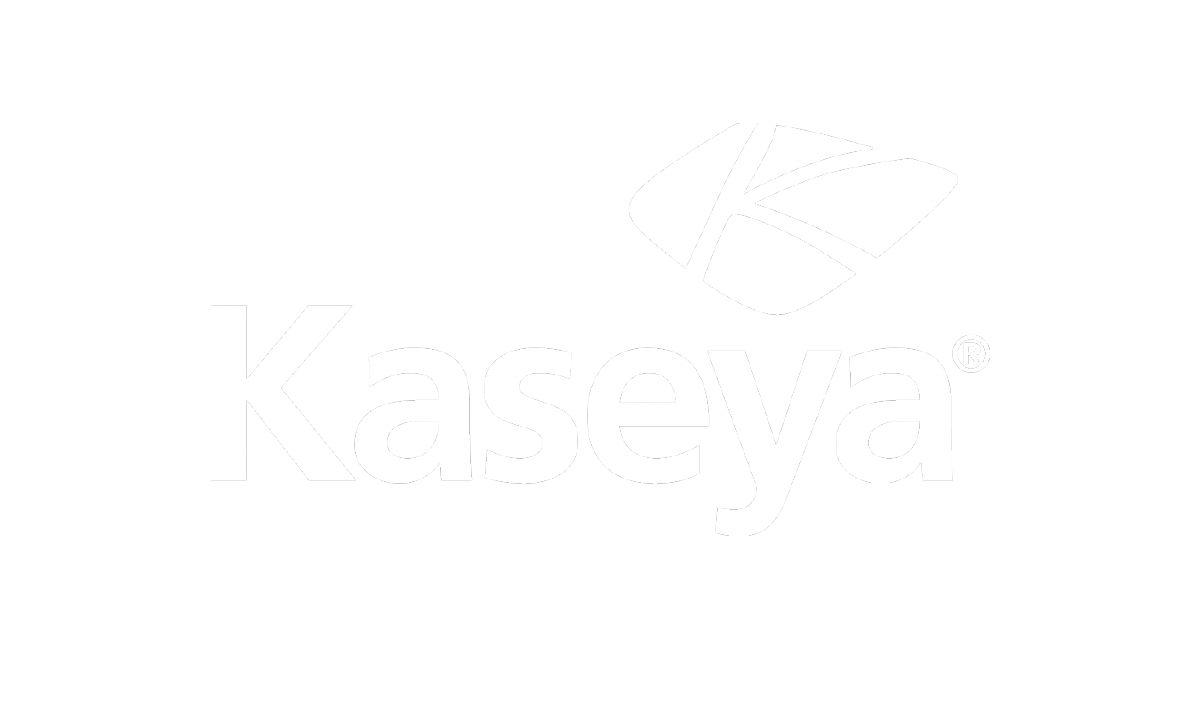Maximizing Earnings: Innovative EBITDA Strategies for Managed Service Providers

Key takeaways:
- Key Metrics Insight: Effective management of metrics like MRR, CAC, CLV, and gross margin boosts EBITDA by enhancing profitability and operational efficiency.
- Strategic EBITDA Enhancement: Diversifying services, optimizing costs, and smart pricing strategies improve MSPs’ EBITDA and competitive edge.
- Employee and Customer Centricity: Boosting employee engagement and satisfaction enhances service quality and customer loyalty, directly impacting profitability and EBITDA growth.
Earnings before interest, taxes, depreciation, and amortization (EBITDA) is a pivotal metric for assessing a business’s performance, offering a clear lens into a company’s profitability and financial health before the impact of financial, tax, and accounting decisions.
By focusing on this crucial metric, businesses, particularly managed service providers (MSPs), can gain valuable insights into their core operational efficiencies, providing a solid foundation for strategic decision-making to enhance profitability and long-term success.
The multifaceted role of EBITDA in evaluating business performance, emphasizing its significance as a barometer for operational success, is far more important than many entrepreneurs know. Understanding these metrics illuminates paths to financial optimization and highlights areas for potential operational improvement.
Let’s explore how MSPs with comprehensive strategies boost EBITDA, ensuring they are well-equipped to navigate modern business complexities. This article provides a deeper understanding of how strategic focus on EBITDA, employee engagement, and customer satisfaction can unlock new avenues for profitability and growth. Let’s get started!
Key metrics and how to use them
For MSPs, identifying and understanding key financial and operational metrics is essential for winning in a competitive landscape and ensuring sustainable growth. These metrics provide valuable insights into an MSP’s health and efficiency, guiding strategic planning and performance improvement.
- Identifying Crucial Financial and Operational Metrics:
- Monthly recurring revenue (MRR): This metric represents the predictable and stable revenue an MSP can expect to receive monthly. It’s fundamental to forecasting future income and planning for sustainable growth. A high MRR indicates a strong, consistent income foundation.
- Customer acquisition cost (CAC): This measures the total cost of acquiring new customers, including marketing and sales. Lowering CAC while maintaining or increasing service quality can significantly boost profitability.
- Customer lifetime value (CLV): The total revenue an MSP expects from a customer throughout their business relationship. Increasing CLV through upselling or cross-selling services enhances profitability and contributes to more robust EBITDA.
- Gross margin: Calculated by subtracting the cost of goods sold (COGS) from total sales. It’s a critical measure of an MSP’s cost efficiency and profitability. A higher gross margin suggests that the MSP effectively controls its costs.
- Operational Efficiency Ratios: These ratios evaluate how well MSPs utilize its resources to generate income. They cover various operational aspects , including labor efficiency, utilization rates, and overhead costs. Improving these ratios creates significant EBITDA enhancements.
- Impact of EBITDA Metrics:
- MRR: Provides a reliable cashflow supporting ongoing operations and strategic investments, positively influencing EBITDA.
- CAC and CLV: By optimizing the relationship between the cost of acquiring customers and the revenue they generate, MSPs can significantly improve their profit margins and, consequently, their EBITDA.
- Gross Margin: A key indicator of profitability; higher gross margins mean that an MSP sells its services at prices significantly higher than delivery costs, positively impacting EBITDA.
- Tracking and Monitoring Key Performance Indicators (KPIs):
- Implementing robust systems for regular performance reviews ensures MSPs can closely monitor critical metrics, identify trends, and make informed decisions.
- Analyzing KPI trends allows MSPs to identify strengths and pinpoint opportunities for operational improvements and cost reductions.
The careful identification, impact assessment, and diligent tracking of critical financial and operational metrics are the foundation for MSPs to enhance their EBITDA.
Strategies for boosting EBITDA
MSPs can adopt a multifaceted approach focused on service diversification, cost optimization, and strategic pricing to enhance EBITDA.
Each of these strategies is crucial in improving profitability and ensuring sustainable growth.
Service Diversification: Adding more services can help MSPs make more money and stabilize financially, especially if they go well with existing offerings. MSPs can grow profit from various sources. This makes them more appealing to customers, bringing in new clients and growing revenue by selling additional services to existing customers.
Cost Optimization: Efficient cost management boosts strong EBITDA. MSPs should regularly review operational processes to identify areas where efficiency can improve, such as automating repetitive tasks, optimizing resources, and reducing waste. Renegotiating supplier and vendor contracts and securing better rates or terms can improve the bottom line.
Pricing Strategies: Crafting and using innovative pricing strategies increases EBITDA. MSPs need to balance prices to stay competitive and profitable. This means setting prices based on what customers think services are worth (value-based pricing) or offering tiered pricing. MSPs can boost earnings and profits by matching pricing with what customers are willing to pay and market demand.
Implementing these strategies requires a deep market understanding and commitment to continuous improvement and strategic management.
Retention and satisfaction
The nexus between a motivated workforce, high employee retention, and customer satisfaction is pivotal in enhancing MSP EBITDA.
Strategies for Boosting Employee Engagement and Retention: Implementing comprehensive training programs, offering career development opportunities, and fostering a positive company culture enhance employee satisfaction. Recognizing and rewarding employee achievements can also significantly boost morale and loyalty, reducing turnover rates and associated recruitment costs.
Enhancing the Customer Experience: A motivated team is more likely to go the extra mile for customers, leading to improved service quality. Personalized services, prompt support, and proactive problem-solving can elevate customer experiences, fostering loyalty and long-term relationships.
Gathering and Analyzing Customer Feedback: Regularly soliciting and analyzing feedback allows MSPs to understand customer needs, adapt services, and identify areas for improvement. This feedback enables continuous service enhancement.
The Impact of Satisfied Customers on EBITDA: Satisfied customers are likelier to become repeat clients and advocates, leading to increased sales opportunities and reduced marketing costs. This loyalty boosts revenue and contributes to healthier EBITDA, highlighting the direct link between employee engagement, customer satisfaction, and financial performance.
A skilled and engaged team operates more efficiently and delivers higher-quality service, directly enhancing customer satisfaction and profitability.
MSPs can significantly boost their EBITDA by focusing on key metrics, diversifying services, optimizing costs, implementing strategic pricing, and enhancing employee engagement and customer satisfaction.
These strategies contribute to financial stability and growth and ensure a competitive edge. A comprehensive approach to business management centered on efficiency and value creation allows MSPs to achieve long-term success and profitability.
Crewhu has your answers
Unlock your profit potential. We can show you how. Schedule a consultation with our experts today and step towards mastering your brand reputation with an engaged, customer-focused workforce!
Topics: employee recognition, employee retention, gamification, Company Culture, Employee Rewards Program, employee rewards, office transition, office return






